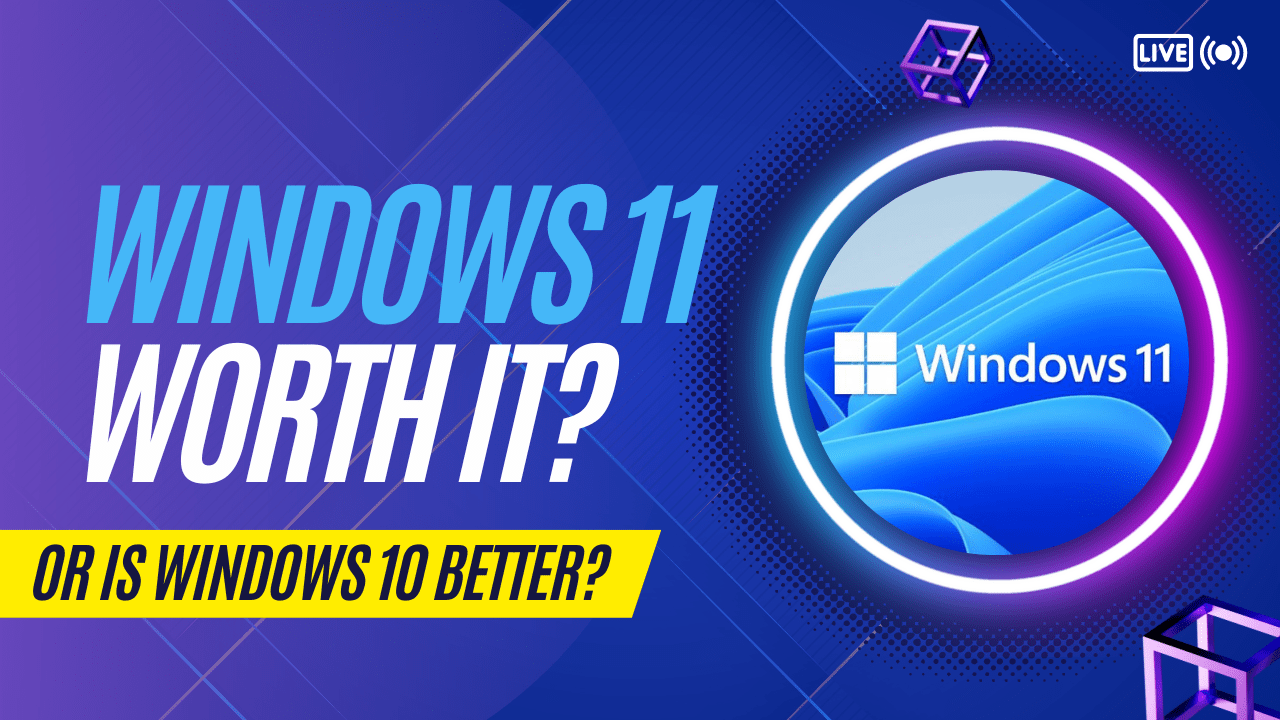Windows 11 is the newest operating system from Microsoft, released in 2021. It offers many new features, including an improved user interface and a suite of tools to help you work more efficiently. But is Windows 11 really worth the upgrade?
In terms of core functionality, Windows 11 and Windows 10 are very similar. Both run on Intel or AMD processors and offer access to hundreds of thousands of applications available through the Windows Store. The main difference between the two OSs is that Windows 11 comes with several new features designed to improve productivity. These include a redesigned Start Menu, enhanced multitasking capabilities, faster startup times, better hardware support for newer PCs, and improved security features.
Aside from basic differences between the two platforms, computer hardware performance can vary significantly between Windows 10 and Windows 11. For example, Intel 12900K and Intel 13900K processors often show higher performance in Windows 11 than they do in Windows 10. Likewise, Ryzen 9 5900X, Ryzen 9 7900X, and Ryzen 9 7950X3D CPUs typically see improved performance when running on Windows 11 compared to Windows 10.
So should you upgrade from Windows 10 to Windows 11? Ultimately, it depends on your current setup and what you're looking for from an OS. If you have a newer PC that is compatible with the latest hardware, then upgrading to Windows 11 would likely be a beneficial move. However, if you're happy with your current setup and mostly use your computer for basic tasks, then it might be better to stick with Windows 10.
Ultimately, the decision of whether or not to upgrade to Windows 11 is up to you. But considering the many advantages that Windows 11 offers over Windows 10, it's certainly worth considering for anyone who wants an improved computing experience.



